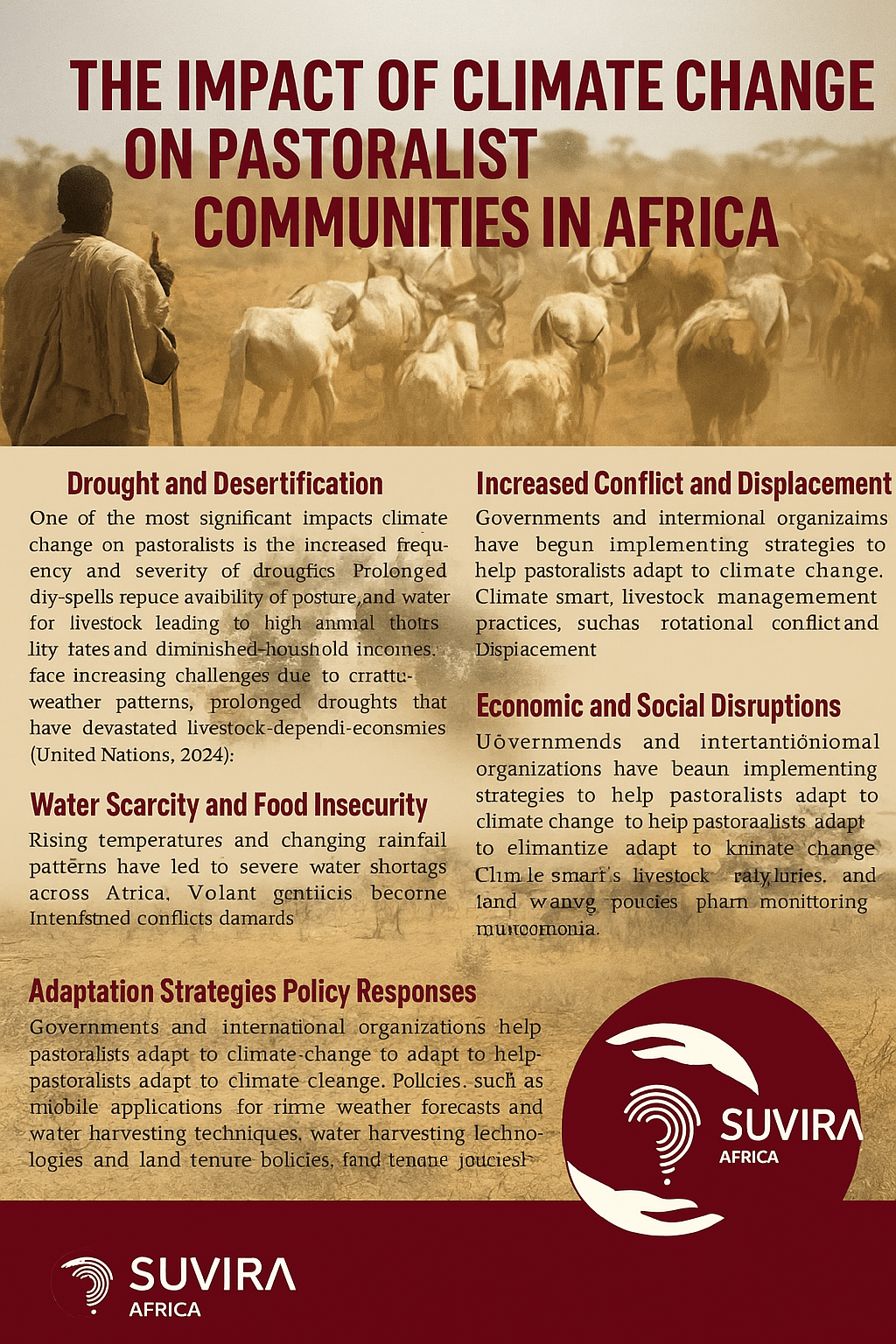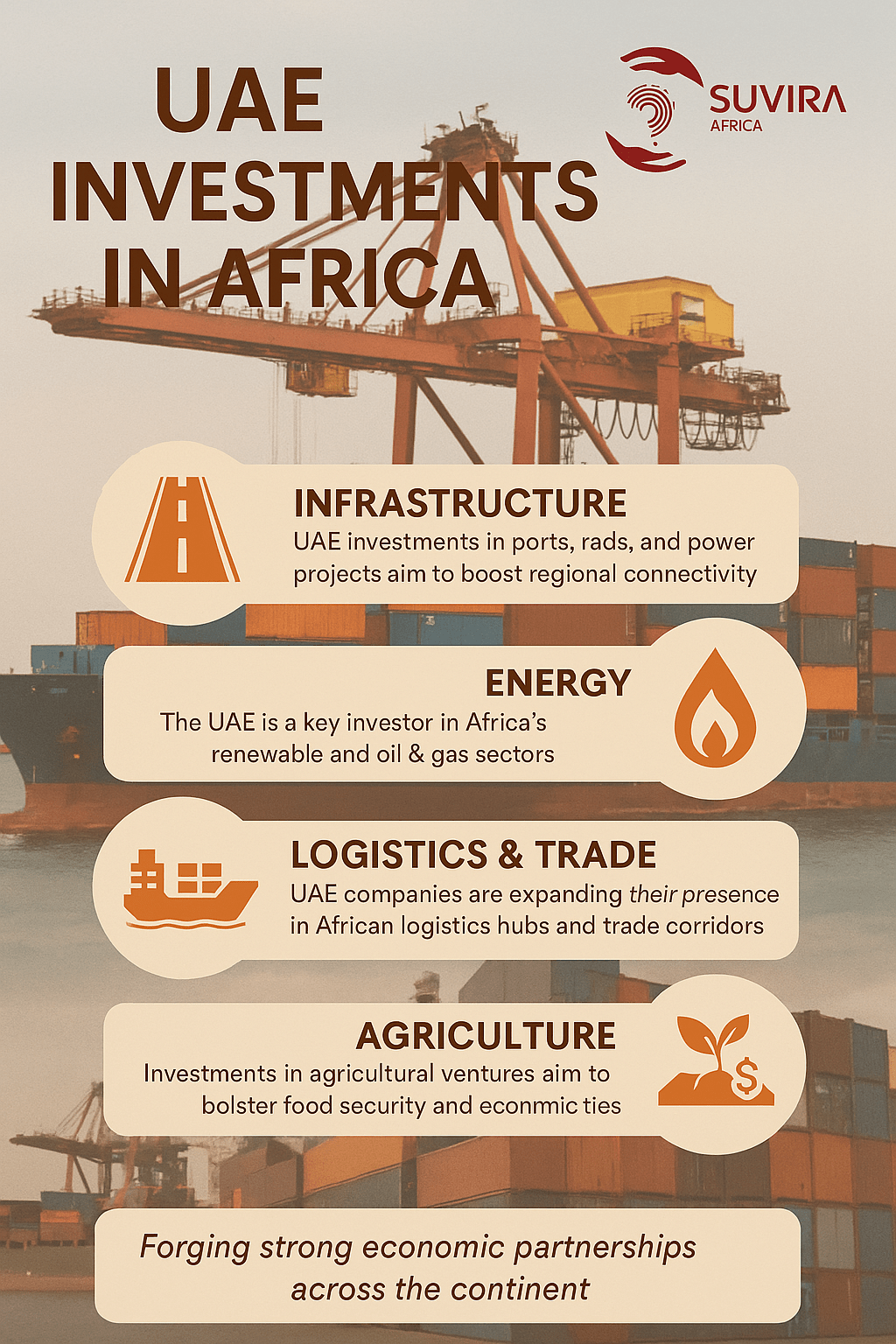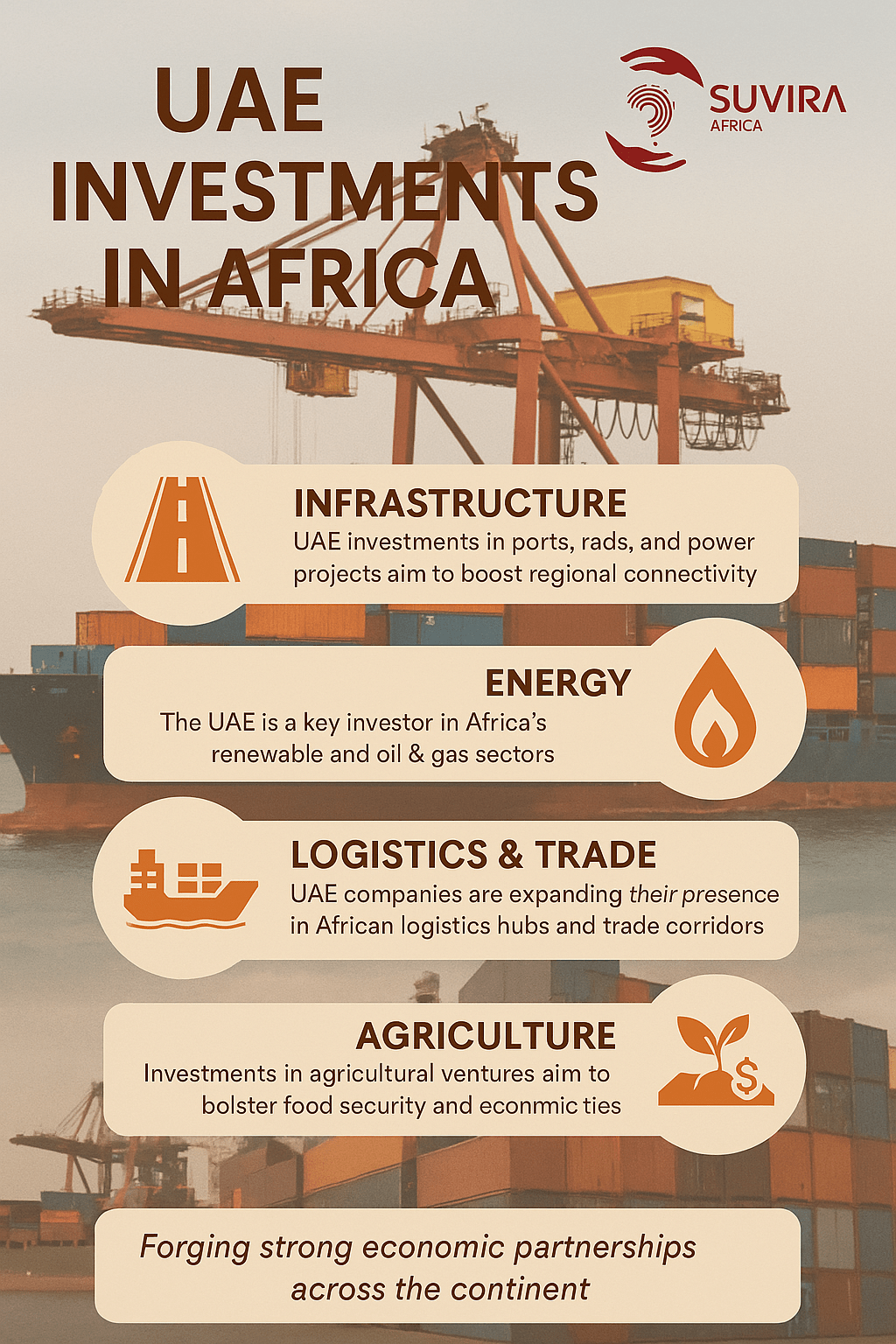Empowering Africa's Future: The Rise of Youth and Women in Trade
How young entrepreneurs and women are reshaping Africa's economic landscape
Across Africa, youth and women are increasingly engaging in trade-related ventures, with tangible and measurable results. Their participation directly translates into income-generating opportunities, which help uplift households, stabilize communities, and empower families to become more resilient.
As they gain a foothold in markets, they are not just benefiting personally but are also helping foster a larger culture of entrepreneurship and self-reliance across their communities.
Bridging the Digital Divide
In rural areas especially, women who once lacked access to markets are now building successful enterprises, thanks to training in digital and financial literacy provided by organizations such as Tech Herfrica.
These training programs have equipped women with crucial skills that significantly boost their incomes, enhance their business acumen, and contribute to poverty reduction and economic resilience (World Bank, 2022).
By leveraging these skills, women in rural areas are able to transcend geographical barriers and tap into the growing digital economy, further advancing gender equality in economic spaces.
Innovation and Cultural Preservation
Youth and women's involvement in trade also brings waves of innovation, creativity, and diversification. Their fresh perspectives are challenging long-standing norms, reshaping traditional sectors, and introducing new products and services tailored for the modern, fast-evolving market.
A remarkable example of this is Indego Africa, which partners with female artisans in Rwanda to produce handcrafted goods that blend traditional techniques with contemporary design.
This initiative not only preserves cultural heritage but also creates a bridge that connects local craftswomen to global markets, expanding their economic opportunities and contributing to Africa's broader economic diversification (AfDB, 2020).
Driving Social Empowerment
Moreover, trade acts as a powerful vehicle for social empowerment and gender equality. When women are economically empowered, they gain greater influence in both family and community decision-making, which ultimately helps build stronger, more equitable societies.
The work of Guzakuza, a Ghana-based organization supporting women in agribusiness, exemplifies this profound impact. By equipping over 8,000 women across Africa with agricultural tools, training, and resources, Guzakuza has helped transform agriculture into a platform not only for economic growth but also for the advancement of gender equity (FAO, 2021).
This work has shown that when women succeed in the marketplace, the whole community benefits, as families are able to invest in education, health, and long-term wealth-building.
Overcoming Remaining Challenges
However, despite the progress being made, significant obstacles remain. Many women and young entrepreneurs face limited access to capital, inadequate training, and entrenched socio-cultural barriers that hinder their potential.
Overcoming these challenges requires a multi-faceted approach: tailored training programs that build trade skills and entrepreneurial know-how, improved access to finance, markets, and technology, as well as inclusive policies that remove barriers and incentivize trade participation (ILO, 2020; World Bank, 2022).
Creating an enabling environment is essential for their success in global markets, and policymakers must recognize the untapped potential of these groups to drive Africa's economic future.
The Path Forward
To achieve inclusive economic growth, Africa must prioritize the active participation of youth and women in trade. With the right support systems, they can transform local economies, foster innovation, and redefine the continent's role in the global market.
It is essential for both the private and public sectors to recognize that investing in these groups is an investment in Africa's collective future.



